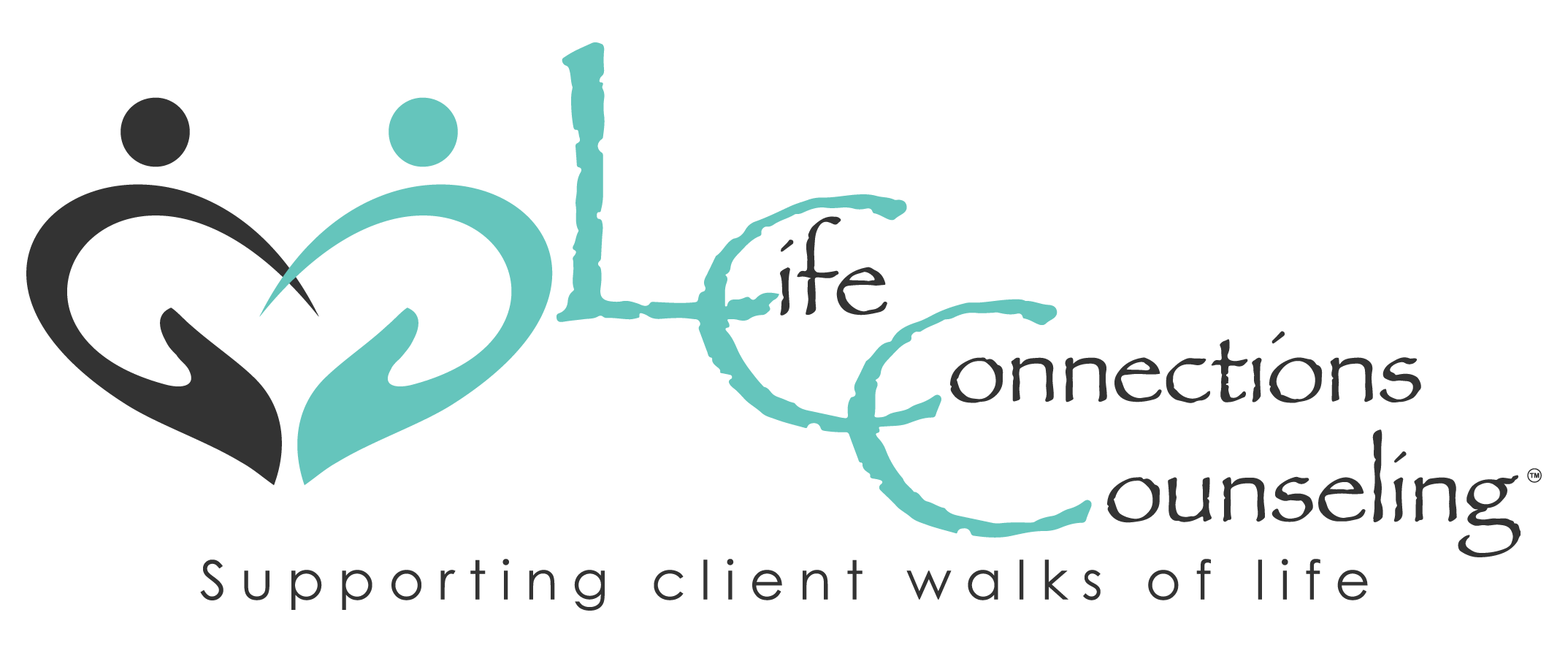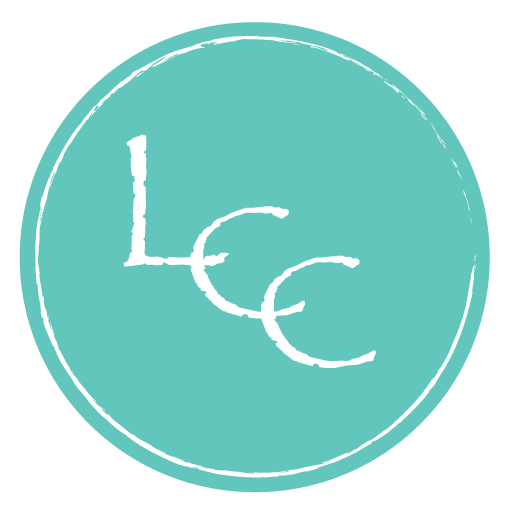Graduate Development Program
Life Connections Counseling is happy to provide practicum and internship opportunities for both undergraduate and graduate students. Undergraduate interns are provided the opportunity to:
– shadow clinicians
– work with administrative staff
– attend staff meetings
– learn to maneuver an electronic health records system
– make connections in the field
Graduate clinicians are provided the opportunity to:
– shadow counselors
– manage their own caseload
– provide individual, family, marriage, and group counseling
– work with administrative staff
– video or audio record sessions
– learn to maneuver an electronic health records system
– be instructed on documentation
– attend staff meetings
– make connections in the field
Frequently Asked Questions
What types of clients will I be allowed to work with?
Life Connections sees clients as young as 2 and as old as 99! Whatever age you are interested in working with, we can accommodate. We also work with a variety of mental health issues including depression, anxiety, conduct issues, ADHD, Autism, marriage and relationship issues, family systems work, phase of life issues, trauma, and much more. We screen clients to make sure they are appropriate for wherever you are in your professional development.
What specialties do practitioners at LCC provide?
We have counselors that are trained in EMDR child-centered play therapy, ACT, CBT, trauma work, Gottman Method couple’s counseling, PCIT, ABA therapy, and many more. Several clinicians are available for interns to shadow or consult with on clients.
What are LCC’s expectations for interns/graduate clinicians?
Practicum and internship are a time for students to learn the practical skills for counseling, but also to learn the responsibilities and background work that go into a successful therapeutic career. Graduate Clinicians are expected to carry a caseload of 10 clients weekly, monitor their own hours, complete paperwork within two days, attend all supervision and training meetings, work within the ethical boundaries of the field, and ask for help when needed. There is a Graduate Development Program handbook that is reviewed with each student during the onboarding process.
How do I become an LCC intern/graduate counselor? What does the onboarding process look like?
First, you must contact the director of our Graduate Development Program, Mary Ridenour (mary@lifeconnectionsknox.com). She will set up a time for a virtual or in-person interview. Make sure to include a copy of your resume and professional references in the initial email. After the initial interview, your references will be checked. If the interview and references go well, you will be contacted to be offered a placement. Between the offer and start times, you will be contacted to provide some additional paperwork and schedule your onboarding. The onboarding day consists of reviewing LCC policies and procedures, signing paperwork, and becoming familiar with our electronic health records system. After that, in addition to building a caseload, you will be trained in expectations for supervision, the intake process, treatment planning and progress notes, tele-health services, and crisis assessment and planning.
What would my caseload look like?
A typical caseload begins with 4 clients and increases to 10 from there. Graduate Clinicians are never pushed to take more than they can handle. However, there are discussions about how many direct hours you would need to meet your required hours for your program. As far as scheduling, you can create your own schedule. We have three offices dedicated to our Graduate Development Program. As long as one of those offices is not in use by another student, you are able to see clients on days and times that work for you. At the beginning of each semester, administrative staff sit down to create an availability schedule for each office and provide it to incoming students. While alternative days are available, the most office space is open between Friday-Monday. However, weekend work is not a requirement.
What other opportunities are there at LCC?
In addition to providing therapy services, we also have an Autism unit with RBT and BCBAs, nurse practitioners that provide medication management, testing services, Emotional Support Animal consultations, and dieticians. We also provide licensure supervision so that if our students would like to stay on after graduation, they can be guided through the licensure process. Life Connections also provides a mentor program where active counselors take a graduate clinician under their wing to offer additional support and guidance. Students are paired with mentors who have a caseload or theory that matches their interests.
Who would be my supervisor?
Mary Ridenour, LPC-MHSP, NCC, Gottman Level 3 Trained is the director of the Graduate Development Program and the supervisor for all students. She utilizes the Empowerment Model of Clinical Supervision and meets weekly. Mary believes that triadic supervision is beneficial to learning since students can hear about one another’s caseloads and flex their clinical muscles on cases that they may not regularly encounter. Individual supervision is provided on an as-needed basis.

